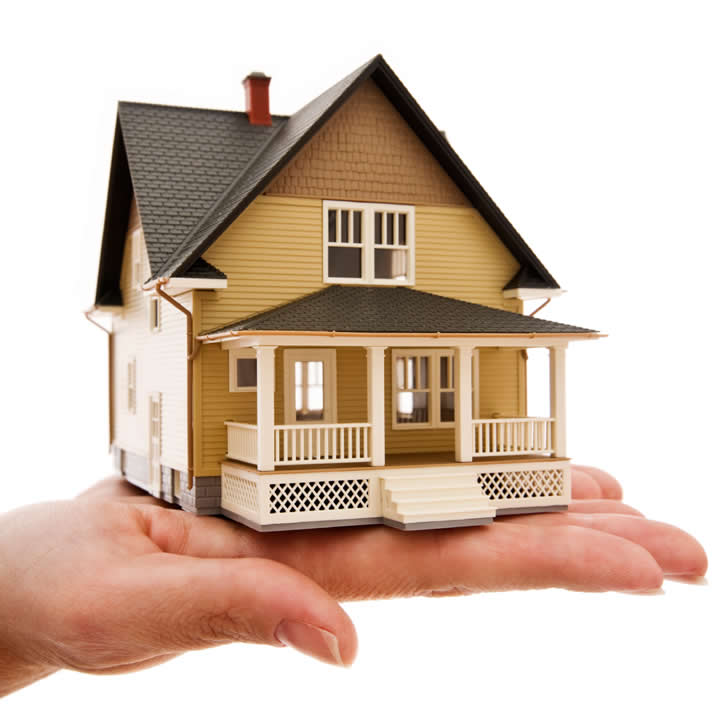Thinking of buying a house in the 20s, sounds impossible. Because at this age millennial are happy to live in a rented house. But, honestly, owning a home in the 20s is a fruitful investment. Because living in your own home gives you a certain type of freedom that can contribute to the next step of life. Once you buy a house, you can focus on another thing.
Along with that, it can increase your credit history, working with a home loan from such a young age and paying back on time can improve your credit score. So, if you are looking for the useful tips and current mortgage rates that help in buying a home in the 20’s, your search ends here. Below we have run down top 8 useful tips that you know when buying a new house.
Here’s what you should know:
- Decide, Where, What and Why;
Let’s face it. Real estate investment is one of the most complex investments. So, you need to be realistic, aware of all the challenges that you will face while buying a home and figure out what kind of home you want. Next thing you need to decide on a location. Right from the price to the neighbourhood, you have to do research a lot. Once you decide on a location, find out why you want all this at an early age. Know the advantages and disadvantages of buying a home in the 20s.
- Get pre-approved for a mortgage: Before looking for a house in your city, do this before. Pre-approved for a mortgage increase the chances of buying home and ensure the seller that you are the perfect buyer. It is found that most people live in a big house before their bank says that they can afford it.
- Find a real estate agent: While buying a home, it is worth to take the help of a real estate agent. Because he knows the condition of land, price and neighbourhood and supports you throughout the process of buying a home. If you are thinking of buying a house without taking the help of a real estate agent, you have more to learn first before taking this step.
- Know the whole cost: There are two types of costs down payment and closing cost. The down payment is the money you pay for your new home. The closing costs are the costs, which include the payment of application fee, attorney fee, real estate agent fee, taxes, credit report, transfer tax, property tax, and document preparation fee.
- Aggressively save for six to twelve month: Ok, you know how much you can afford for a mortgage. But have you saved money for a down payment? If you don’t have enough money for a down payment, then it is vital to save for six to 12 months money. Whatever your monthly income, at least you need to save 20% of your income. If you are seeking for the fund, you can take the help of mortgage company.
- Do all your homework: It wasn’t just about a down payment or closing costs when it comes to buying a house. You need to research every aspect of real investment. Right from the area of the land to hiring a real estate agent, outlook everything at your comfort level.
- Manage your money matter: Real estate investment is all about investing huge money on a fruitful land. So, if you wanted to buy a home without broke, first learn how to manage money.
- Don’t buy a house that you know you can’t afford: When you have a low salary, and your expenses are high then never buy an expensive house. It is advisable to buy a home that can you afford hassle-free.

